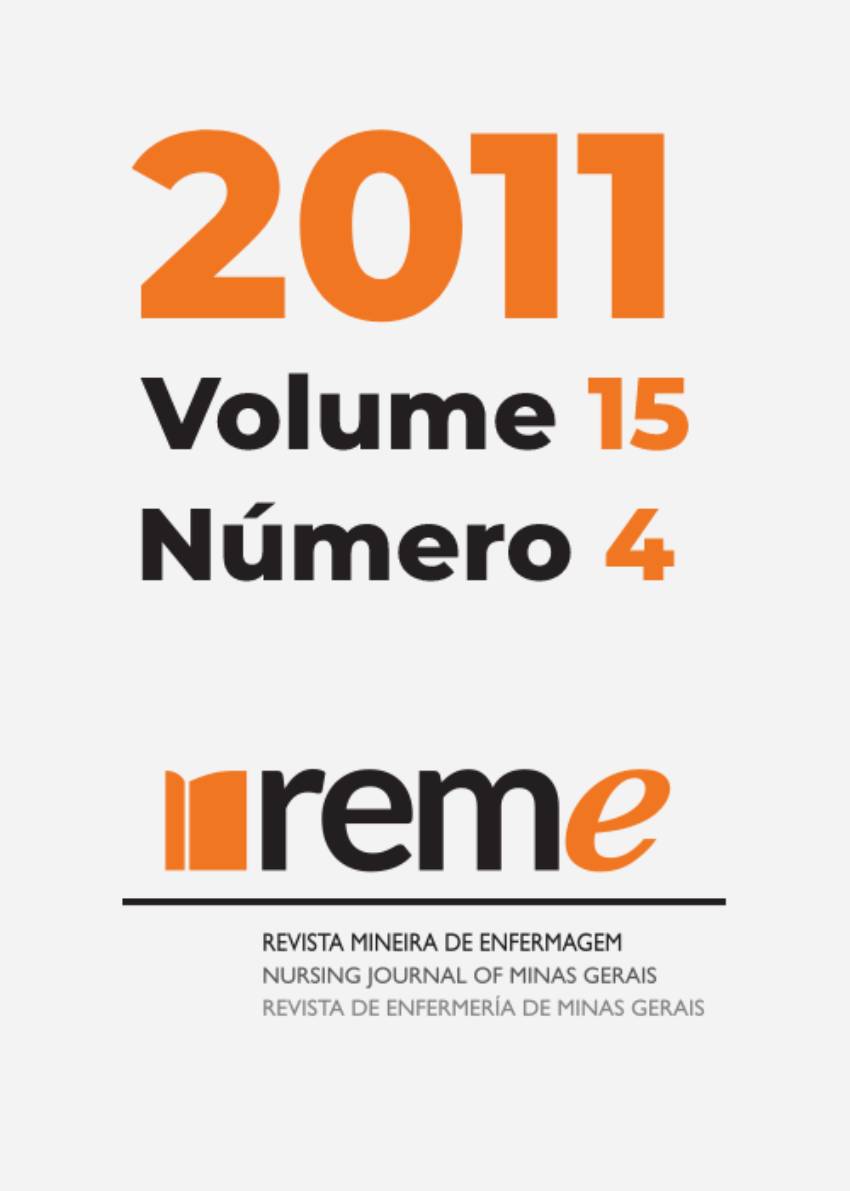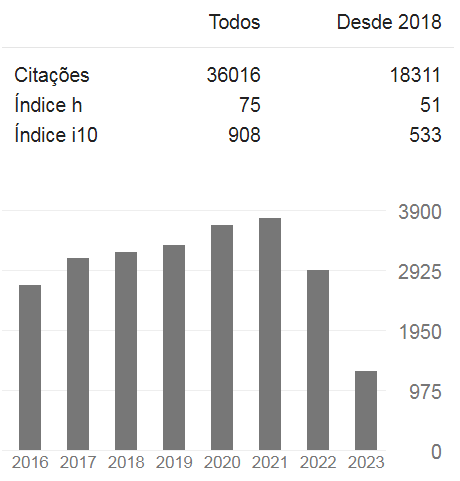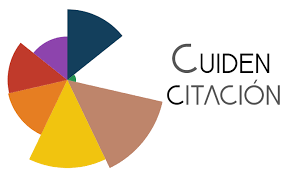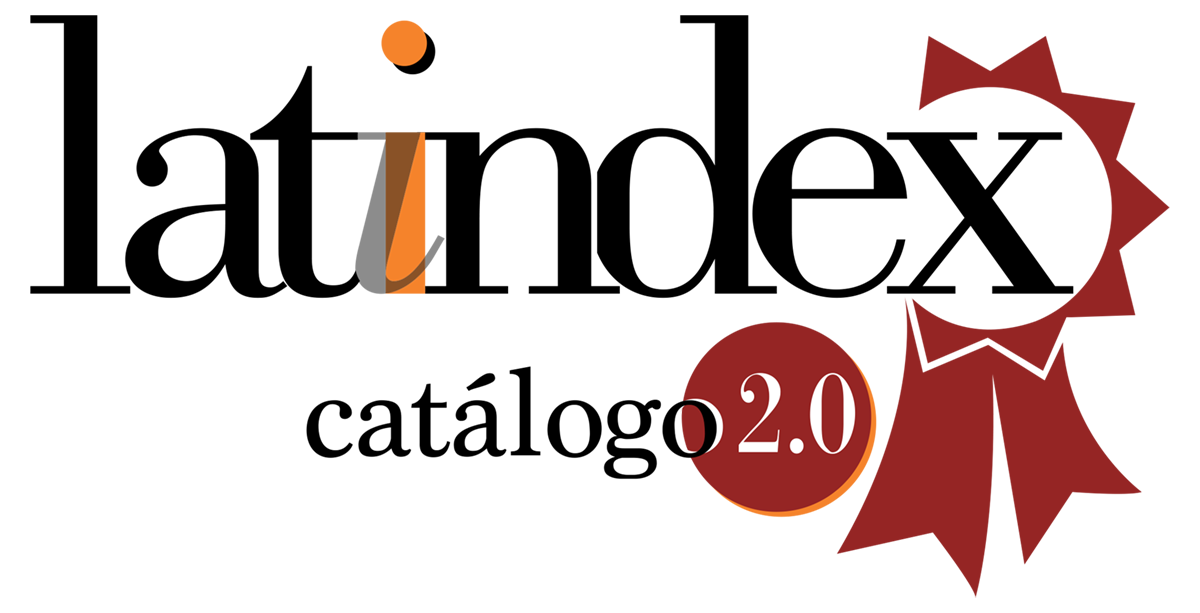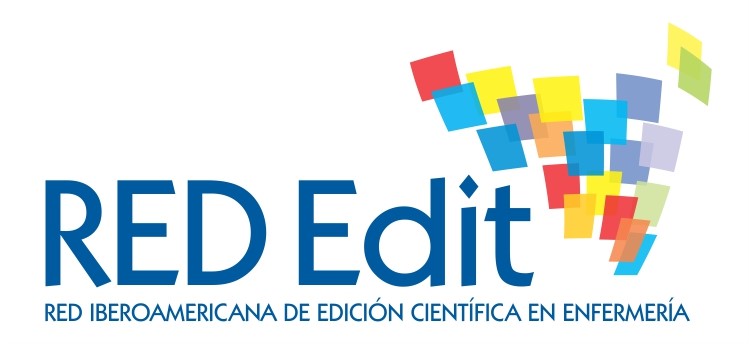Affective relationships in the everyday adolescent HIV: des-ensuring their meanings
Keywords:
adolescent, sexuality, hiv, sexual behavior, philosophyAbstract
This study seeks to understand how adolescents with HIV experience his/her emotional relationships in daily life. Data was collected through phenomenological interview with nine adolescents coming from a referral unit service. The data analysis was based on Martin Heidegger's phenomenology. The analysis allowed us to infer that the adolescents are aware of some the forms of HIV transmission, but do not completely understand them. Many have already had emotional relationships with other people, are conscious of the importance of using protection when having sexual intercourse, but the majority prefers to keep his/her condition a secret. They would like to have a family in the future, are concerned with not contaminating their sexual partner and are aware of the consequences a pregnancy may bring to their lives. This concern is reflected in the way they care about the other. Experiencing emotional relationships is a sign of being emotionally a live and the process could be more appreciated with the support of a healthcare professional that could help the adolescents to overcome the typical uncertainties of a person with HIV.Downloads
Download data is not yet available.
Published
2011-12-01
How to Cite
1.
Pacheco ZML, Paz EPA, Silva GA da. Affective relationships in the everyday adolescent HIV: des-ensuring their meanings. REME Rev Min Enferm. [Internet]. 2011 Dec. 1 [cited 2024 Jul. 17];15(4). Available from: https://periodicos.ufmg.br/index.php/reme/article/view/50356
Issue
Section
Research

